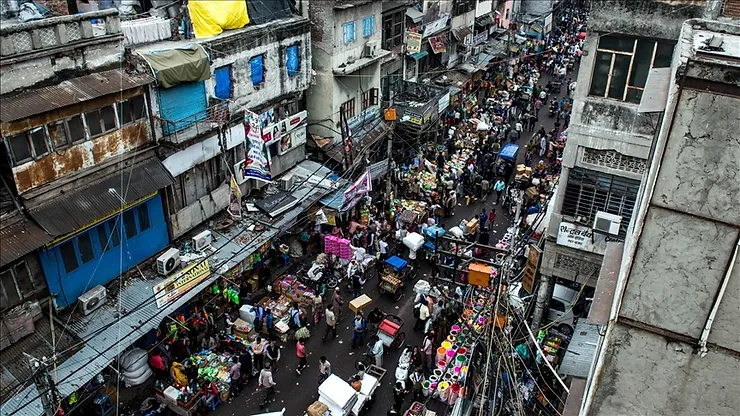By: Derek Sun
The global population is expected hit 8 billion people by the end of the year, says the United Nations (UN). United Nations secretary general Antonio Guterres said the global population landmark, expected to be reached on November 15, 2022, “is a reminder of our shared responsibility to care for our planet and a moment to reflect on where we still fall short of our commitments to one another.”
The UN’s World Population Prospects 2022 report found the world’s population was growing at its slowest speed since 1950 because of falling fertility rates. The world’s birthrate has fallen from five births per woman in 1950 to 2.3 births per woman today. This is predicted to fall to 2.1 births per woman by 2050, if not even earlier.
Dwindling birthrates can be partially explained by greater education of women and girls, especially in developing nations. Getting an education can give women more control about what they do with their lives, causing lower fertility rates and having babies at an older age.
“This is an occasion to celebrate our diversity, recognize our common humanity, and marvel at advancements in health that have extended lifespans and dramatically reduced maternal and child mortality rates,” Guterres said.
The UN forecasted the world’s population would hit 8.5 billion in 2030 and 9.7 billion in 2050, climaxing at about 10.4 billion people in the 2080s, before leveling off until 2100. The global population took over 2 million years to reach 1 billion and has taken only 207 years to reach 7 billion.
The UN report said more than half of the predicted rise in the world’s population in the nearing decades would be powered by just eight countries: the Democratic Republic of Congo, Egypt, Ethiopia, India, Nigeria, Pakistan, the Philippines, and Tanzania.
Source: https://www.kidsnews.com.au/humanities/india-to-overtake-china-as-global-population-hits-eight-billion/news-story/536a261dc332b93c4fc77135850cca83











